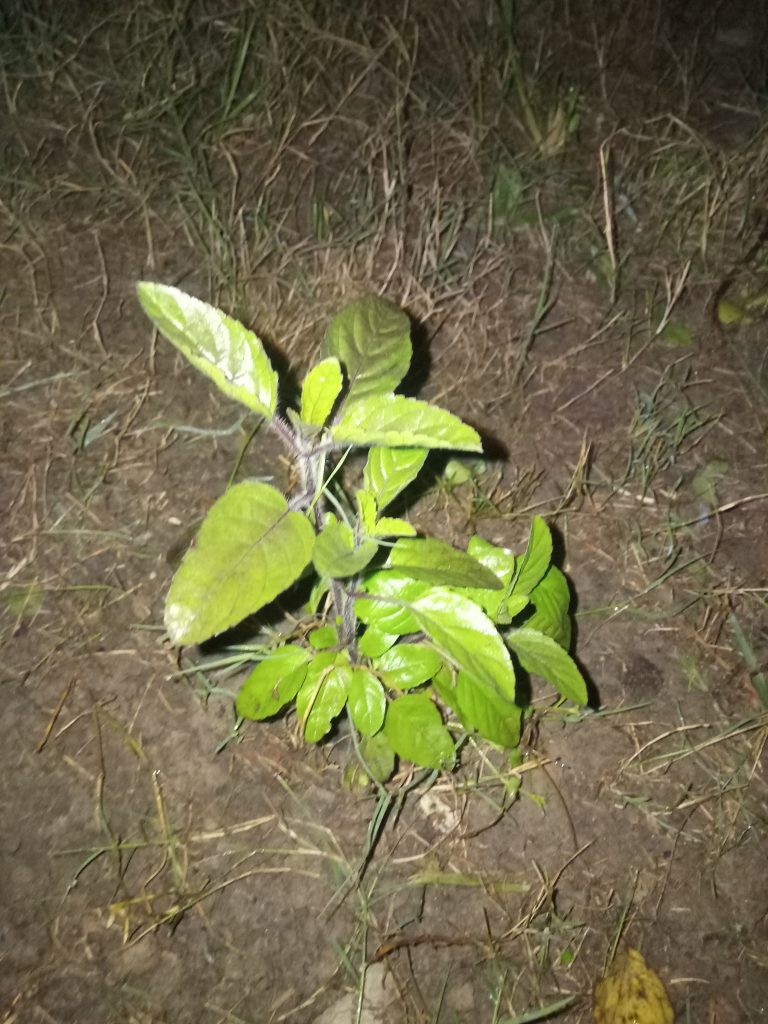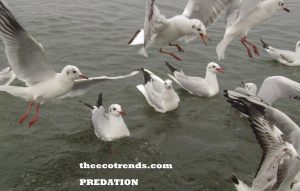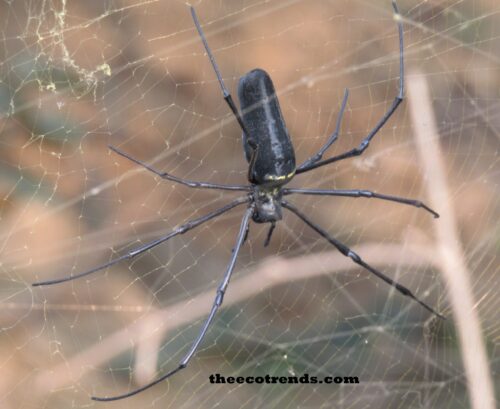Heterotrophic Nutrition
Mode of nutrition through which an organism depends on other organisms for food due to its inability to synthesize food is called as heterotrophic nutrition. Except green plants and some other autotrophs all the other organisms are Heterotrophs. Let us study about this mode of nutrition in some detail.
Living beings remain adapted to their external environment. Their adaptation depends on the fact that from which or which type of source do they receive their nutrients. Plants remain stationery and prepare their food in their leaves by absorbing nutrients from soil through their roots. Hence, leaves are called as Food – Factories of plants.

Living beings who are devoid of chlorophyll, obtain food from other plants or animals. These living organisms are called Parasites.
Parasites may be plants also like Cuscuta or Amarbel. Some animal parasites are bugs, lice, mosquitoes etc. Parasites do not obtain their food by killing their host.

On the other hand, there are predators like lion that preys on other animals. Some non-green plants like fungi decompose nutrients into simple forms outside and then absorb those nutrients. Some fungi like mushrooms, yeast, and bread mould derive food from dead organisms. A vulture eats flesh of dead animals. All of these are called Saprotrophs or saprophytes in case of plants.
Some parasites live inside the bodies of their hosts. For example tape worms, ascaris or round worm, plasmodia, entamoeba etc. These are called as endoparasites, whereas some parasites derive their food while living outside their bodies for example mosquitoes, bugs etc. These are called as ectoparasites.
There are several other modes of nutrition as well and some of these are Insectivorous, Symbiotic etc.
Insectivorous are plants such as Pitcher Plant or Nepenthes, Bladderwort or Utricularia, and Venus Flytrap etc. These plants have different adaptational structures that help in trapping insects and deriving their proteins by digesting them in the specialized structures by the help of enzymes.
Heterotrophic, parasites, symbiotic, insectivorous




